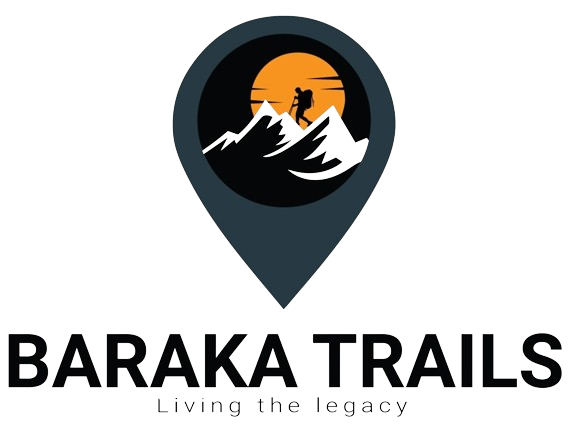Tips & Donations
Tips & Donations
Tipping on Kilimanjaro
It is traditional to tip your mountain team at the end of your excursion. The decision on how much to tip should not be based on whether or not you reached the summit, but rather on how well the guides, cooks, and porters treated you on the mountain. The normal tipping rates are approximately $20-18/day for lead guides, $18-15/day for assistant guides, $12-15/day for cooks, and $6-8/day for porters.
Tipping Guides and Porters: Tipping is customary on Kilimanjaro as a way to show appreciation for the hard work and support provided by guides, porters, and other staff during the climb. The amount of the tip can vary depending on the duration of the trek, the size of the climbing group, and the level of service provided. It’s a good idea to inquire with your tour operator or guide service about their recommended tipping guidelines.
Guidelines for Tipping: While tipping amounts can vary, a general guideline is to budget around 10-15% of the total trip cost for tips to be divided among the staff. This can include tips for guides, assistant guides, cooks, porters, and other support staff. Some tour operators may provide specific recommendations for tipping amounts based on the size of the group and the length of the trek.
Cash Tips in Local Currency/ USD: Tips are typically given in cash, and it’s advisable to carry small denominations of the local currency (Tanzanian shilling) for tipping purposes. Your tour operator or guide can assist with exchanging currency if needed.
Express Appreciation Personally: In addition to monetary tips, expressing your appreciation verbally or with a handwritten note can also be meaningful. Letting your guides and porters know that you value their hard work and dedication can go a long way in building positive relationships and camaraderie during the climb.
Support Local Communities: Consider making a donation to local communities or organizations that support environmental conservation, education, or community development initiatives in the Kilimanjaro region. Your contribution can have a positive impact on the local economy and help support sustainable tourism practices.
Research Responsible Tour Operators: Choose tour operators and guide services that prioritize fair treatment, fair wages, and proper working conditions for their staff. Responsible tourism practices contribute to the well-being of local communities and help ensure a positive experience for both climbers and local residents.
Environmental Conservation: Practice Leave No Trace principles during your climb and support efforts to preserve the natural beauty and ecological integrity of Kilimanjaro. Minimize your environmental impact by following established trekking routes, properly disposing of waste, and respecting wildlife and vegetation.
Gratitude and Respect: Above all, approach your Kilimanjaro climb with gratitude and respect for the mountain, its natural surroundings, and the people who call it home. By fostering a spirit of appreciation and stewardship, you can contribute to a memorable and meaningful experience for everyone involved.
These tips and donations can help support the local community, show appreciation for the efforts of guides and porters, and contribute to the overall success and enjoyment of your Kilimanjaro climb.
